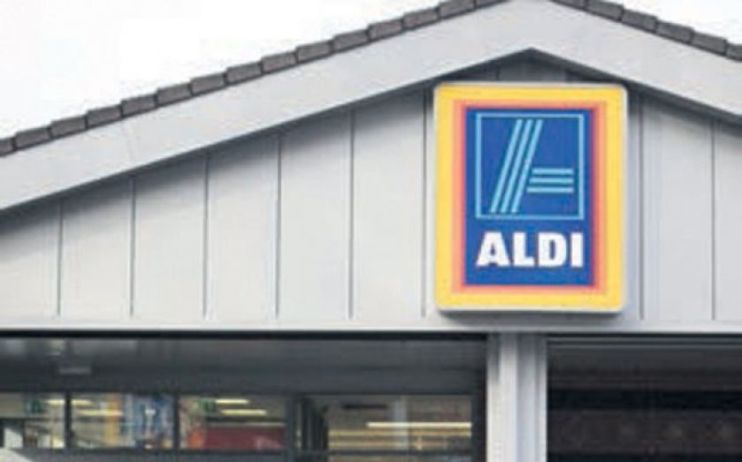E-commerce grocery sales plateau boosts Aldi’s market share to peak levels

The growth of e-commerce sales in the grocery market has plateaued, giving the likes of Aldi an opportunity to grow its market share after not making use of online sales in the past year.
The percentage of e-commerce sales in the grocery market remained flat at 13.4 per cent in the four weeks to 13 June, according to the latest data from Kantar, suggesting shoppers are returning to habits of old.
The plateau, and the fact that year-on-year sales were up just 0.2 per cent, suggests the appetite for large online shops is approaching a new baseline.
The popularity of online spending in the past year has been one reason why discount supermarkets Aldi and Lidl have been slow to grow their market share since the start of the pandemic.
Neither Aldi or Lidl offer home delivery, although customers can order from Aldi via the Deliveroo app if they live within 6km of a participating store.
However, the two seem to again be finding success now online shopping may have reached its peak.
Aldi was the fastest growing retailer over the last 12 weeks, with sales up by 6.6 per cent.
According to Kantar head of retail and consumer insight Fraser McKevitt, much of those sales came from older shoppers who, having been vaccinated, are now more confident about visiting stores.
As a result, Aldi’s market share increased by 0.7 percentage points to 8.2 per cent, matching its highest ever in March 2020.
Lidl saw growth of 4.9 per cent, and its market share increase to 6.1 per cent.
Overall, supermarket sales fell by 1.6 per cent in the 12 weeks to 13 June, in part explained by the easing of Covid restrictions, with some of the money diverted instead to cafes, restaurants and pubs.
While the number of grocery trips remains lower than in pre-Covd times, since last year there has been a 13.1 per cent increase in supermarket visits made each month by British households.
As visits to stores rise, there has been a corresponding fall in the average spend per trip, down 13.6 per cent, which again suggests a return to more typical shopping patterns.
Tesco still nation’s favourite supermarket
Tesco remains the UK’s most popular supermarket, with a market share of 27.1 per cent, according to Kantar data.
Sainsbury’s is the nation’s second favourite supermarket, with 15.2 per cent of market share, followed closely by Asda, at 14.1 per cent.
Morrisons came in fourth, with 10.1 per cent of the market share, followed by Aldi, then Co-op, with a 6.3 per cent share, then Lidl, then Waitrose, with a five per cent of market share.
Iceland and Ocado were the lease popular with the masses, with a 2.3 and 1.8 per cent market share respectively.